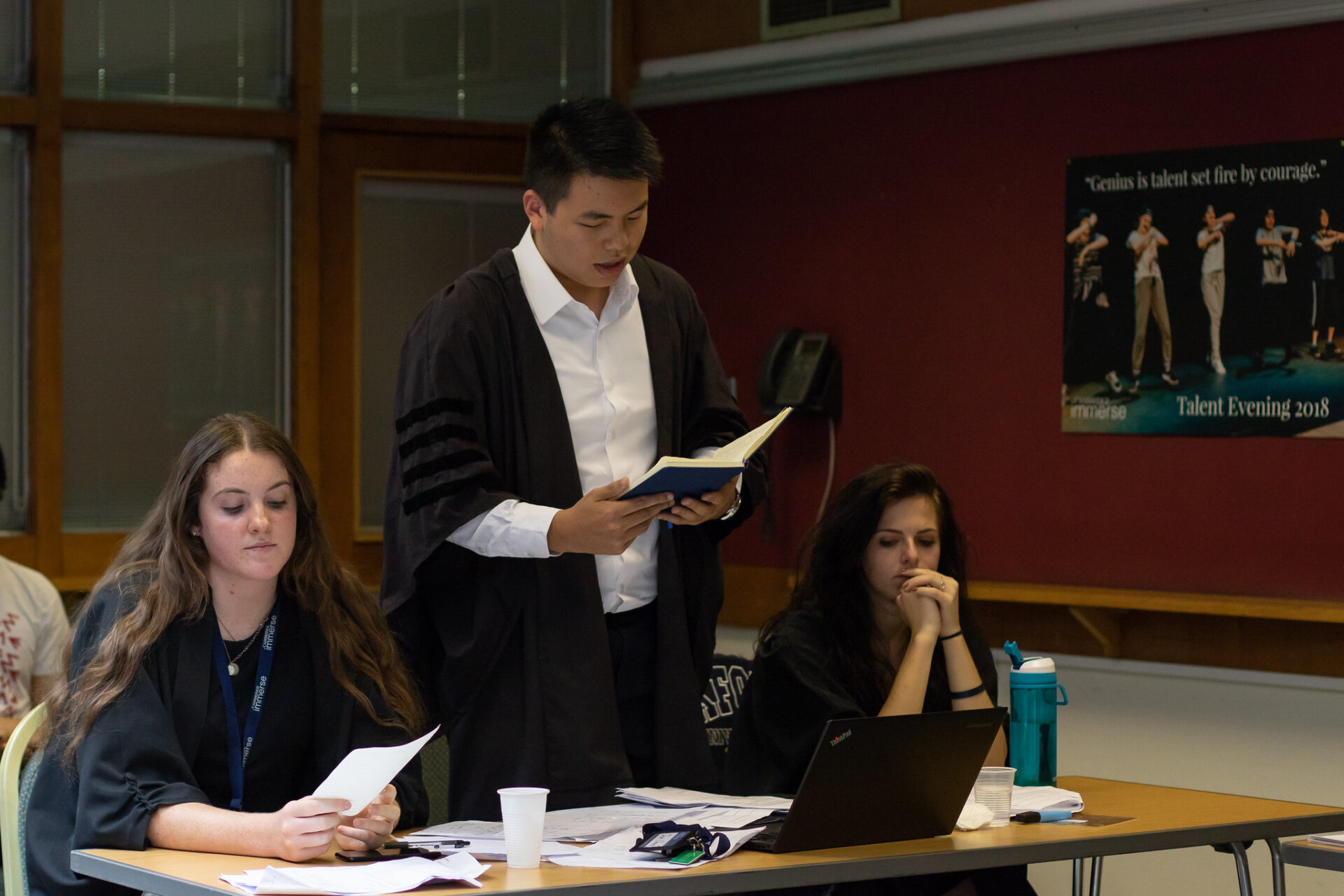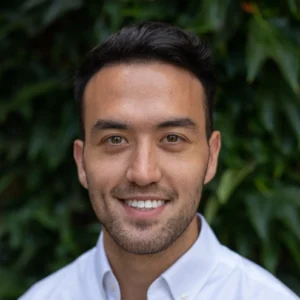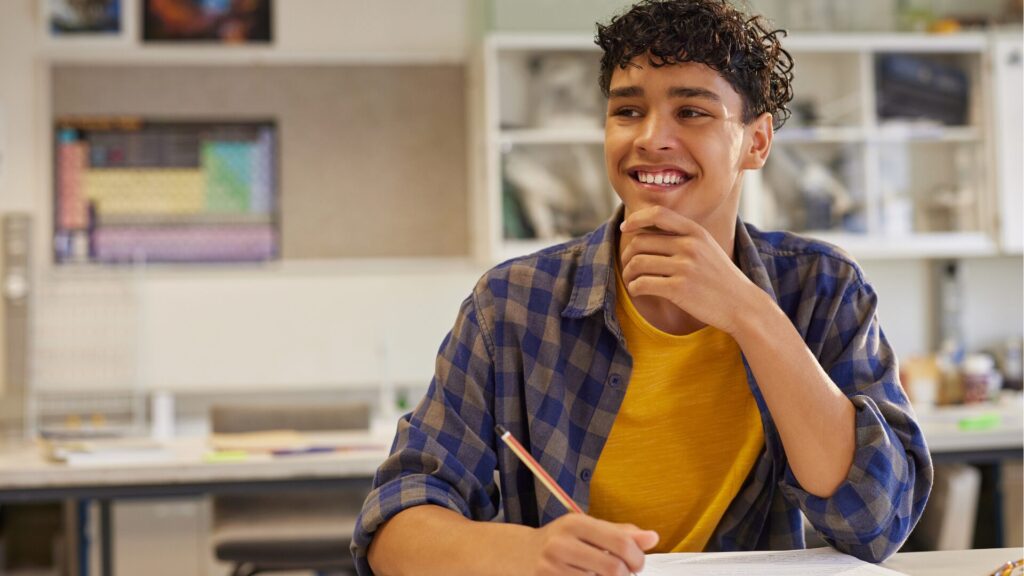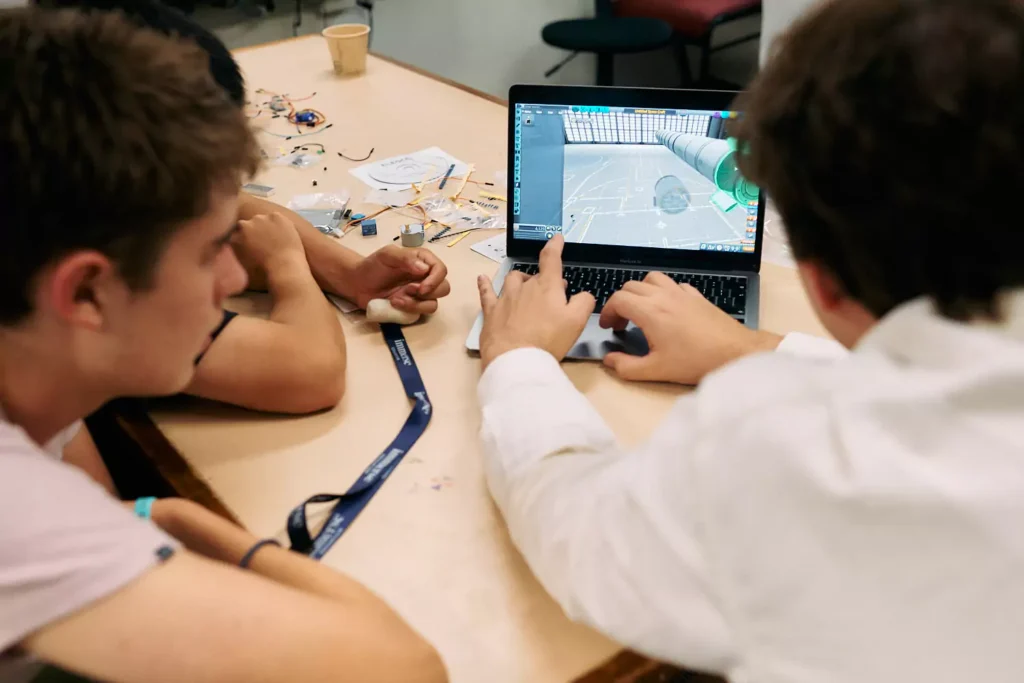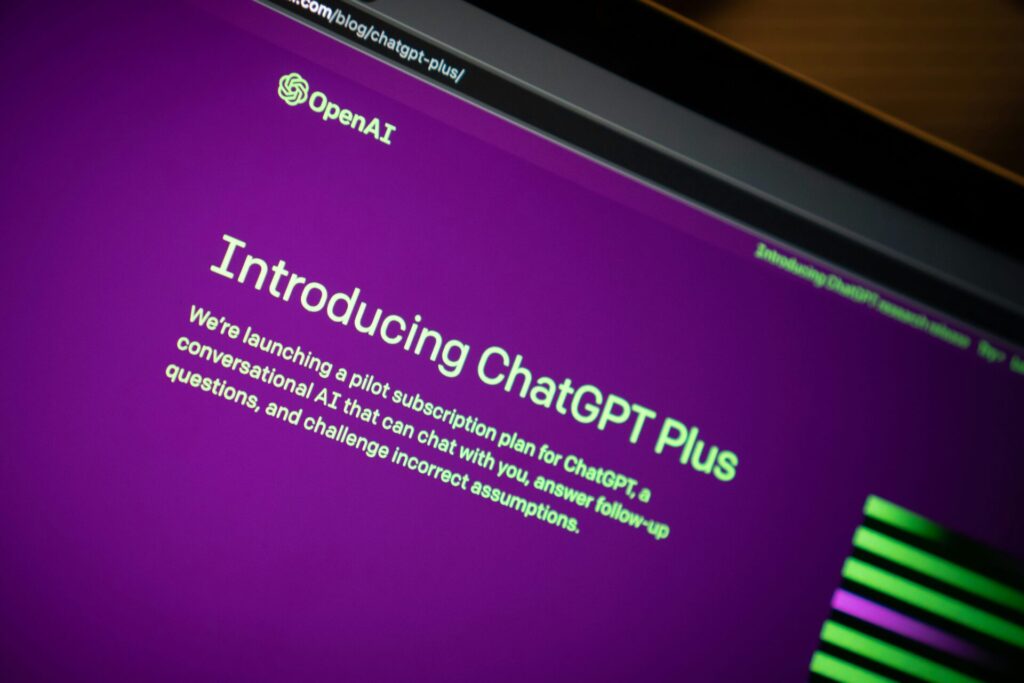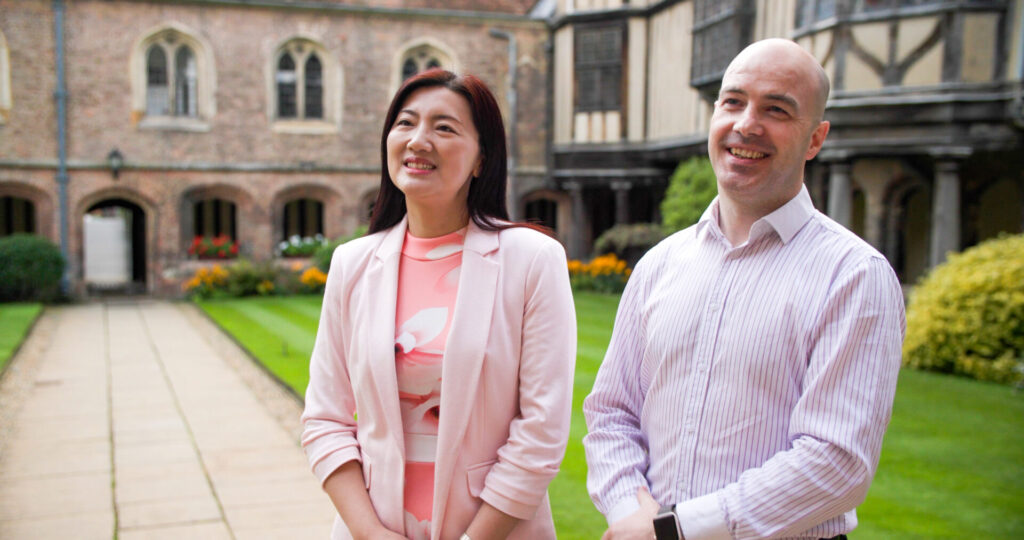When we talk about education, we tend to talk about the obvious: exam results, academic performance, university offers. But if you pay attention to what actually shapes a student’s long-term success, you’ll find a more subtle – and more powerful – force at play.
It’s not what’s printed on the curriculum. It’s what’s learned between the lines.
The world’s most successful students are not just mastering mark schemes. They’re mastering the hidden curriculum: self-awareness, initiative, and the confidence to lead their own learning.
At Immerse Education, we’ve worked with tens of thousands of ambitious students from over 120 countries – many of whom go on to top universities around the world. The ones who thrive most consistently, especially once they’ve entered the working world, aren’t necessarily those with the highest IQ or test scores. They’re the ones who understand how to navigate complexity, make decisions independently, and communicate with clarity.
Some of the world’s biggest employers are starting to recognise that test scores and curriculum mastery isn’t necessarily the best predictor of performance. Deloitte, for example, has shared their shift to skills-based hiring, focusing on an individual’s capabilities and potential rather than solely on past job experience or traditional credentials.
However, traditional education systems are still catching up. The soft skills students do pick up are, if anything, accidental—emerging through extracurriculars, personal grit, or the occasional inspiring teacher. Most schools aren’t recognising these skills, let alone nurturing them. But there are ways to make the hidden curriculum a deliberate part of a child’s growth, not just a lucky by-product.
What is the hidden curriculum?
In academic literature, “hidden curriculum” refers to the unspoken lessons, values, and behaviours that students absorb during their time in school, beyond the official syllabus.
These include things like:
- How to interact with authority figures
- How to manage time and prioritise work
- How to advocate for oneself
- How to take initiative and bounce back from failure
- How to collaborate across cultures and disciplines
As far back as the 1970s, scholars like Philip W. Jackson (in Life in Classrooms, 1968) and later Michael Apple (Ideology and Curriculum, 1979) argued that these “invisible” lessons often have a bigger impact than formal learning itself.
In today’s context – globalised, fast-moving, and increasingly self-directed – the hidden curriculum may matter more than ever.
Why high-performing students succeed
Consider this: two students with the same academic ability apply to university. One has stellar grades and polished answers. The other has the same grades, but also articulates their learning journey, speaks confidently about their interests, and shows initiative through extracurricular projects.
Admissions tutors consistently tell us: they’re choosing the second student.
“We want students who think critically and communicate clearly. Not just those who’ve been coached to perform.”
— Dr Matthew H., Oxford admissions tutor and Immerse guest speaker
This echoes what research has found. A longitudinal study by the University of Chicago Consortium on School Research (2019) shows that non-cognitive factors such as academic mindset, motivation, and self-regulation are stronger predictors of post-secondary success than grades alone.
It’s not about teaching less content – it’s about teaching beyond content.
At Immerse, we build around the hidden curriculum
We don’t talk about this enough as educators, but the reason our programmes transform students isn’t just the academic environment – it’s what happens in the gaps. The hidden curriculum manifests in the one-on-one tutorials where a student realises they can challenge a PhD mentor and the late-night debates in college rooms about AI ethics or climate policy. The outcome of the hidden curriculum is clear in the quiet moment after a workshop when a student confesses, “I didn’t think I was smart enough to apply to Cambridge – until now”
These are not tangents. These are the real lessons.
In a world where knowledge is increasingly commoditised – accessible in seconds through AI or online platforms – the value shifts to what students do with that knowledge, and how they carry the confidence it brings.
That’s where the hidden curriculum lives.
Join the Immerse Education 2025 Essay Competition
Follow the instructions to write and submit your best essay for a chance to be awarded a 100% scholarship.

How parents and schools can nurture it
The good news is: the hidden curriculum isn’t hidden forever. Once we become aware of it, we can design for it.
Here’s how parents and educators can help:
- Create space for agency: Let students lead a project, ask the questions, or set their own goals – even if it’s messy at first.
- Reward the process, not just the result: Praise curiosity, persistence, and improvement, not just grades.
- Encourage reflective thinking: Journalling, mentoring, and even casual dinner conversations can help students develop metacognition – the ability to think about their own thinking.
Further reading: Check out our full guide to using metacognition to revise effectively.
- Foster cross-cultural communication: Exposure to students from different backgrounds builds empathy, confidence, and real-world readiness.
A hidden-curriculum case study: Lessons absorbed from my peers at Cambridge
Contributor: Damilola Ogunlana
Dami is a 3rd Year Education student at Homerton College, Cambridge. She studies education within the psychology pathway and hopes to work in roles that support children and young people’s mental health in education.
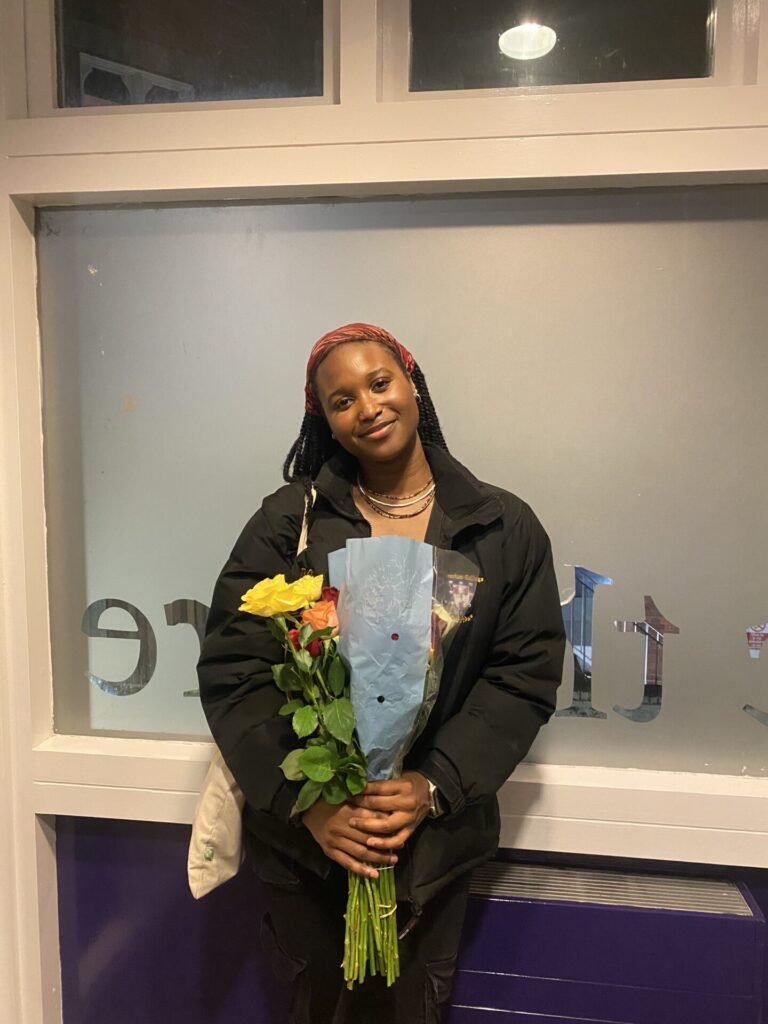
The Hidden Curriculum affords students with cultural capital and soft skills that enhance their educational experience. Since starting at Cambridge, my confidence and autonomy has grown in pursuing what I want to achieve. I am more prepared to ask questions and critically discuss why things have been arranged the way they are. Equally, when situations are uncomfortable or less than ideal, rather than shy away from communication, I can better explain alternatives that better suit my needs.
Before Cambridge, I had somewhat of a fixed mindset and belief in the idea of ‘an innate talent and brilliance.’ Where academic intellect triumphed, I always felt less inclined to push myself in areas I lacked. However, now, I regularly push myself beyond boundaries I have set and this has been possible through getting involved in extracurricular activities such as basketball, (musical) theatre and dance; it has not only improved the way in which I balance workload at university and my extracurriculars but also made me more socially adept. In becoming multi-faceted, I have unconsciously picked up on soft skills such as efficient communicating, exploring ways to manage stress and comprising for the sake of the collective – all vital skills for the working world in the future.
Being surrounded by other students who have developed these soft skills through access to informal education – including extra resources and mentoring schemes – I learned and developed these abilities for myself. Observing how some of my peers navigate spaces that I previously would have thought beyond navigating, they have the skills and confidence to ask the right questions at conferences, to seek out information through career boards and scour online for relevant information that can support their career journey in the future. Through their schools and teacher support, facilitating challenging tasks and ideas increased my peers keenness self-direct their learning and take on new approaches.
Alongside my peers, the opportunities offered by Cambridge also shapes the Hidden Curriculum. I’ve been privileged to work as a student ambassador, allowing me to be in spaces that develop my networking skills. As a result, I can adequately carry on conversations on topics I have zero knowledge on, ask follow-up questions appropriately and work up the courage to ask for work experience or volunteering positions from leading professionals in fields such as refugee support. Having discussions with friends at other universities, I came to realise not all universities offer the same soft skills and support.
The more schools begin to adopt informal approaches to learning, such as the hidden curriculum, the more agency is created for students to develop reflective thinking and dialogue. Expanding and developing their minds helps children move beyond the rote memorisation of the structured curriculum that has long dominated traditional educational institutions.
What the best students are really learning
At Immerse, we see students return home from a two-week programme fundamentally changed – not because we drilled them with content, but because we treated them as capable of more.
They learned how to think independently. How to ask better questions. How to see themselves differently. That’s the hidden curriculum, and it’s time we brought it into the spotlight.
Want to learn how Immerse Education nurtures student confidence, initiative and global perspective?
Explore our Academic Insights and Career Insights programmes at immerse.education.





